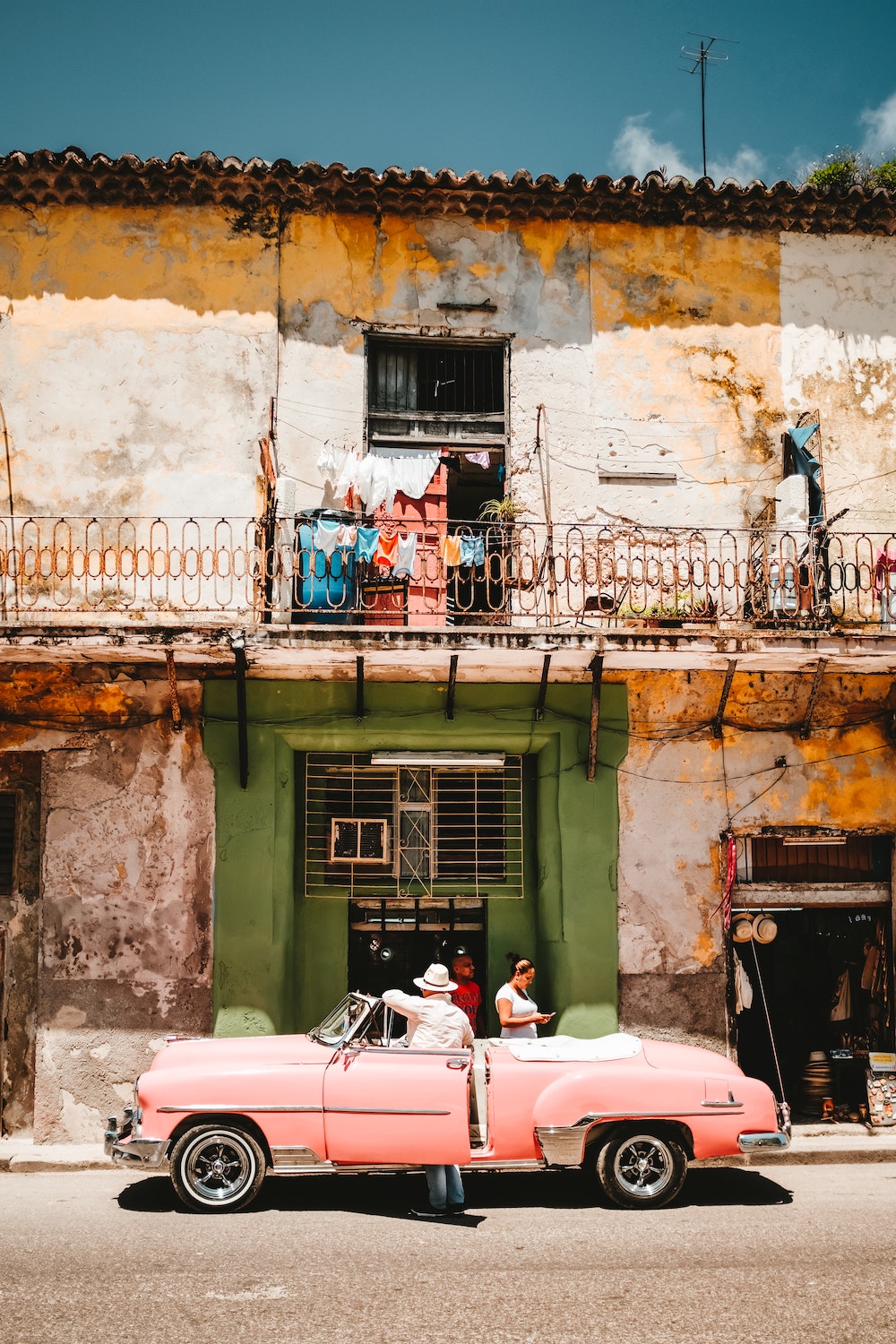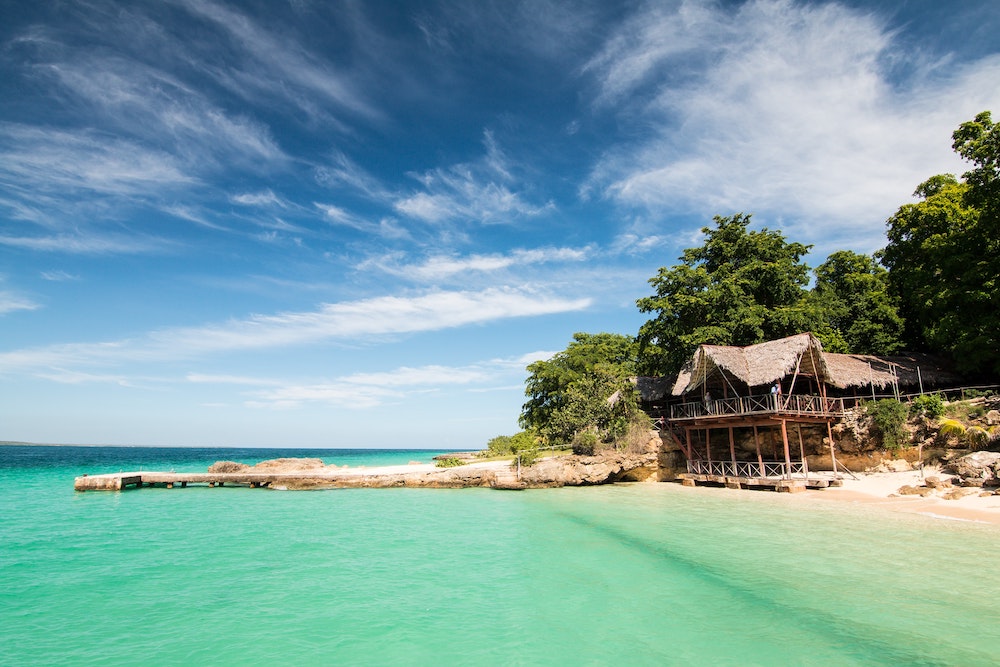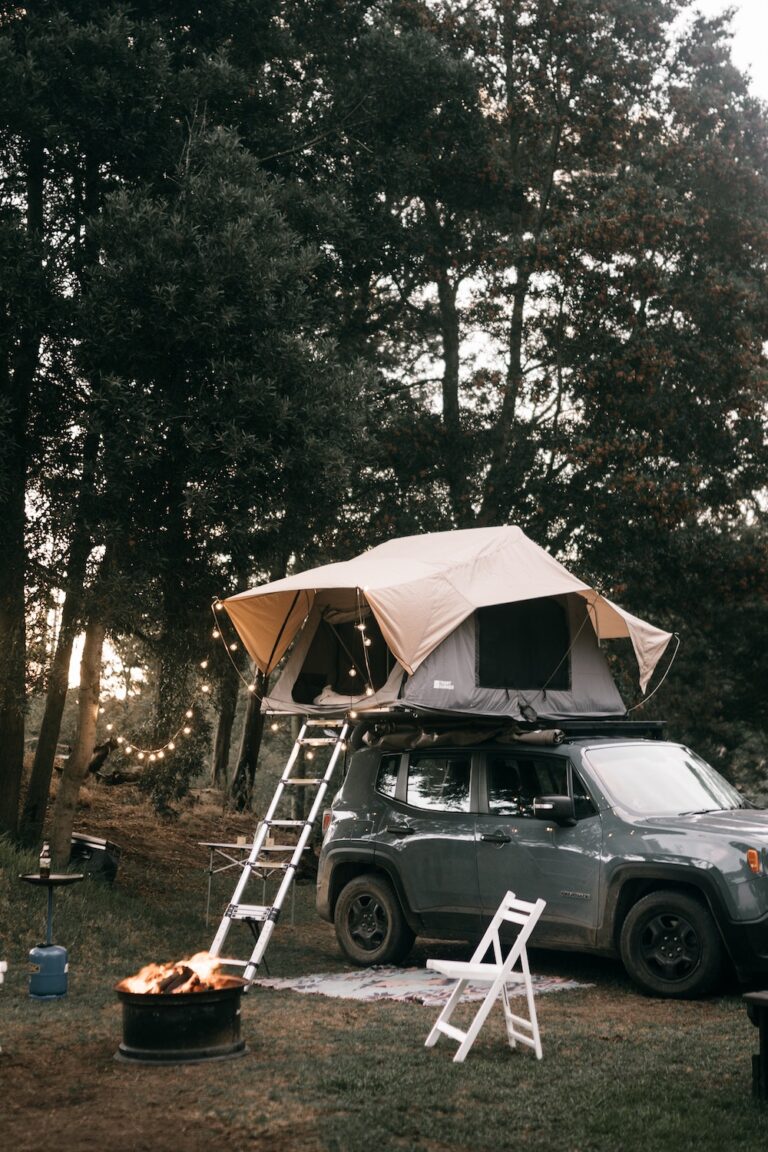Everything You Need to Know About Travelling to Cuba
Famous for its rustic colonial era buildings and colourful streets, its world-beating rum and revolutionary history- Cuba makes an incredible destination to visit. The historic capital Havana is an area that tourists tend to flock to, but there’s plenty to see and do off the beaten path if you’re looking for culture, charm, incredible food and stunning sights. If you’re planning a trip to Cuba, here’s what you need to know.

Where is Cuba?
Cuba is located in the Caribbean Sea, in the northern part of the Caribbean. Officially the Republic of Cuba, this island country is made up of the island of Cuba, Isla de la Juventud and several minor island groups. Culturally, Cuba is considered part of Latin America although geographically it’s part of central, rather than South America. Its northernmost point is only around one hundred or miles south of Florida.
Weather
Like its neighbours, Cuba has a tropical climate that is split into two seasons, one wet and one dry. However, year-round it is generally hot with regular rainfall and high humidity, but also with plenty of sunshine. Cuba’s position in the Caribbean between the North Atlantic Ocean and the Gulf of Mexico, northwest of the Windward Passage, means its climate and day-to-day weather conditions are greatly moderated by the local trade winds. It also means that Cuba is in the path of Atlantic hurricanes. This is of course something to bear in mind when you’re planning your visit. The dry season (November to April) is the most popular time to visit Cuba. It rains much less and because of this the temperature and humidity drop making conditions much more comfortable. However, the cost of your vacation is likely to be more due to the demand. Seventy five percent of Cuba’s rain falls between May and October, and combined with high winds, ferocious storms and flash-flooding along with high humidity it can be uncomfortable for many meaning many tourists will avoid at this time of year. Subsequently there will be less tourist attractions and things to do during these months.

Health
Keeping your health in check while you’re travelling is always sensible. Make sure you have good travel insurance, and double check that all of your primary courses and boosters for vaccinations are up to date. On top of this, while they’re not mandatory, when you’re travelling to Cuba it’s worth considering having Hepatitis A, Rabies and Tetanus jabs done. Some higher risk travellers should also consider the Hepatitis B jab. Patients with chronic HBV infection are still a health problem in the adult Cuban population which is something to bear in mind.
A yellow fever vaccination certificate is required for travellers aged 9 months or over who are arriving from countries with risk of yellow fever transmission. This will also apply if you have transited for more than 12 hours through the airport of a country with risk of yellow fever transmission, so if your flight has any changes then do bear this in mind.
Finally, the Covid-19 pandemic hasn’t gone away yet; while there are no longer any entry requirements in relation to Covid it’s worth getting up to date on your vaccines if you haven’t already. This is sensible when travelling anywhere and enables you to protect yourself as well as others.
Crime
No one likes to think about becoming a victim of crime when they’re travelling, but it’s sensible to take precautions and also heed any safety advice laid out to ensure that you have a smooth time away.
Some of the more common crimes in Cuba to be aware of include bogus tour agents and taxi drivers who operate at the airports. Always use registered taxis and not private vehicles, governmental taxis have blue registration plates and a running meter, which indicates how much you need to pay. It’s worth using a taxi rather than walking, especially at night and around certain areas to reduce the risk of theft and muggings. Whenever you travel to any destination it’s recommended that you don’t carry large amounts of cash or wear expensive jewellery or valuables, and Cuba is no different. Hi-tech items like phones and laptops are highly sought after in Cuba and are particularly attractive to thieves, so beware of pickpockets and check that you’re fully insured just in case the worst were to happen.
One tip is to carry a copy of your passport but lock the original away. Thefts from rooms, particularly in private guest houses can happen so this is something to be aware of depending on where you’re staying. Locking and then shrink wrapping your suitcases at the airport is another sensible step, it prevents anyone from taking things from your cases- or from slipping anything into it.
Visas and Paperwork
Getting a visa to Cuba is crucial. In order to travel to Cuba, most nationalities must be approved for in advance of travel. A Tourist Card visa will then allow you to stay in Cuba for 30 days and travel for the purpose of tourism. A Cuban Tourist Card is a physical document that you need in your hands before your travel. There is no such a thing as an electronic tourist Cuba card or Cuban Tourist card on arrival. Everyone, including adults, children and infants, need to have a Cuban Tourist Card. The airlines will not allow you to fly without a Cuban Tourist Card, so you must obtain one before you go. A Cuba Tourist Card or Visa is a separate document other than your passport.






